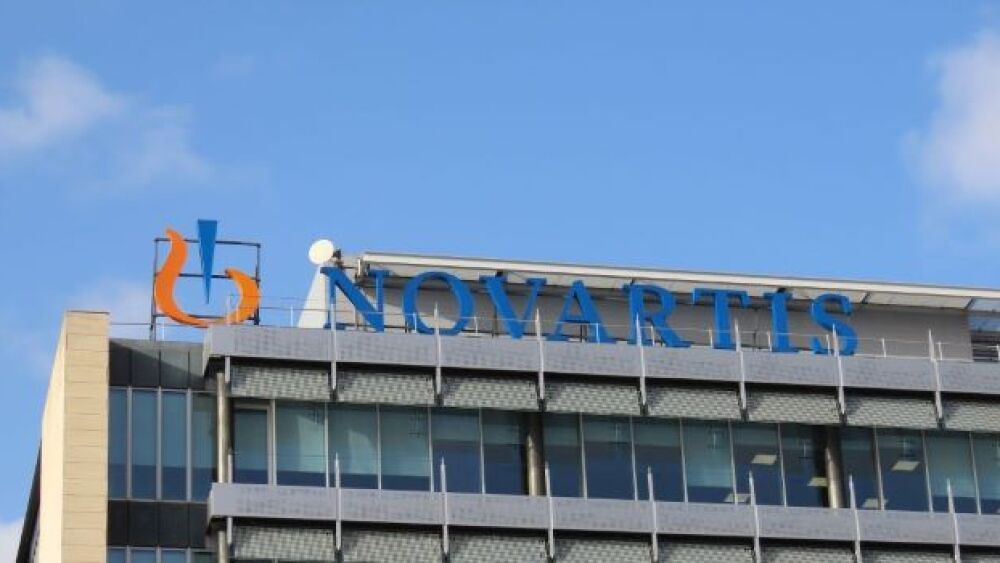Novartis held an investor event to discuss their research programs, highlighting its partnership with Belgian pharma company UCB worth up to $1.5 billion.
Cristina Arias/Cover/Getty Images
Novartis held an investor event to discuss their research programs, but clearly, the highlight was its partnership with Belgian pharma company UCB worth up to $1.5 billion. The two companies will co-develop and commercialize two drugs targeting Parkinson’s disease, UCB0599 and UCB7853.
Under the terms of the deal, Novartis is paying UCB $150 million upfront. UCB is then eligible for possible milestone payments for a total deal worth almost $1.5 billion. If the products make it to market, UCB will handle commercialization rights in Europe and Japan, while Novartis will handle the U.S. and all other territories.
“It is a great example of our approach to research and development in neurodegeneration, building external networks and partnerships to access additional capabilities and knowledge that help to accelerate the development of our medicines,” said Dhaval Patel, M.D., Ph.D., executive vice president and chief scientific officer at UCB.
The first drug, UCB0599, is a potential first-in-class small molecule inhibitor of alpha-synuclein misfolding. It is currently in Phase II development. The second drug, UCB7853, is an anti-alpha-synuclein antibody and is in Phase I.
Otherwise, Novartis reported that its top drug, Cosentyx, demonstrated topline results in moderate to severe hidradenitis suppurative (HS), a potential new indication. That was based on two Phase III trials, SUNRISE and SUNSHINE, both of which hit their primary endpoint.
The company also presented T-Charge, a next-generation CAR-T therapy platform. Novartis indicated the platform should increase CAR-T potency as well as decrease turnaround time—CAR-T, which requires obtaining blood samples from the patient, isolating T cells, engineering to express cells that specifically target the patient’s unique cancer, and infusing them back into the patient, is a labor-intensive and time-intensive process.
From their T-Charge program, they will be presenting first-in-human trial data at the American Society of Hematology (ASH) 2021 meeting on lead candidates YTB323 and PHE885, which demonstrated 75% complete response (CR) in diffuse large B-cell lymphoma (DLBCL) at three months and 100% best overall response (BOR) in multiple myeloma, respectively.
The company also gave an update on five core therapeutic areas, including cardio-renal, with Leqvio, pelacarsen and iptacopan; IHD, with Cosentyx, ligelizumab, ianalumab, and remitrutinib; neuroscience, with Kisqali, 177Lu-PSMA-617, canakinumab and NIS793 and JDQ443; and hematology, with iptacopan, Scemblix, sabatolimab, and YTB323.
“Novartis has transformed to become a focused medicines company, building depth in our core therapeutic areas and strength across key technology platforms,” said Vas Narasimhan, M.D., chief executive officer of Novartis. “We expect to continue delivering strong operational performance, with 4%+ CAGR through to 2026, driven by the momentum of our multi-billion dollar in-market growth drivers. Up to 20 new assets with significant sales potential could be approved by 2026, which will fuel the next phase of growth and address major unmet needs. We are building the foundation for long-term differential growth by investing in advanced technology platforms and data science. Novartis remains disciplined and shareholder focused in its capital allocation priorities, as we continue to deliver on our strategy.”
Featured Jobs on BioSpace





